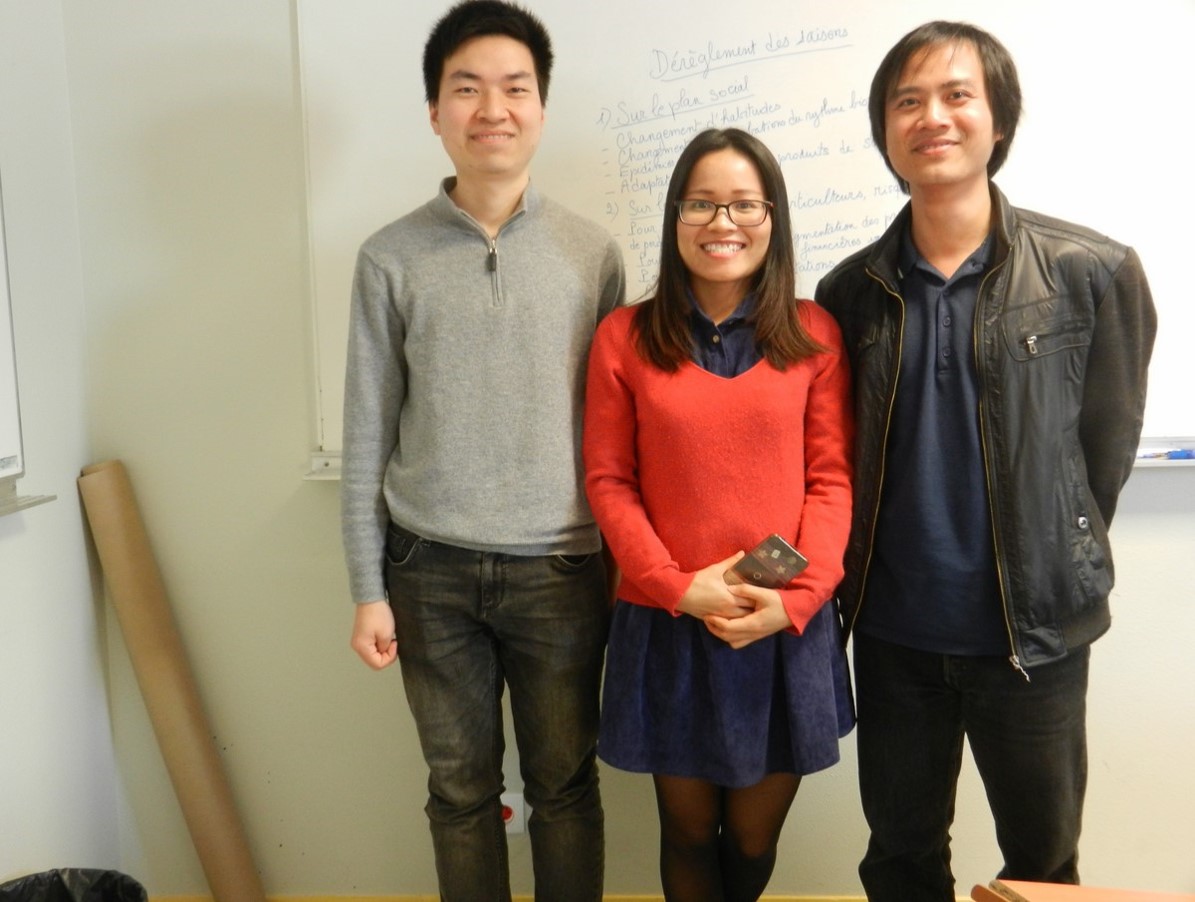RCE Brittany Conducts Didactic Project on Climate Change
 Starting in January 2019, a didactic project was conducted with university students at the University of Southern Brittany, Vannes, France, within their existing French lessons.
Starting in January 2019, a didactic project was conducted with university students at the University of Southern Brittany, Vannes, France, within their existing French lessons.
The aim of the sessions has been to deepen their knowledge on the topic of climate change, by giving them a basis of thinking, leading them to analyse their data, use the processes of mind mapping, intuition, and the interaction of SDG 13 with other SDGs to study the causes and consequences of climate change on social, economic, and ecological plans, in order to define possible solutions.
The sessions uncovered that there are learning gaps, with some participants unaware of the GAP and all of the 17 SDGs. Interactions between the different SDGs and their importance was covered, with students learning to work with these interactions in mind moving forward.
The third part of RCE Brittany’s work on didactic research for climate change education looked at ‘how to determine solutions from the collected data’. Through the previous work, the students had discovered the complexity of SDG 13 because of its multiple and interrelated roots, which gave a measure of the difficulties to succeed in fighting against climate change and finding solutions, not only in the countries of the North, but also in the South of the planet. They had also understood that this complexity and the linked implications made Education for Climate Change, but also Education for Sustainable Development essential, at all levels of a school and university curriculum.
According to the research previously done, and the data collected, the team pondered whether it was “more appropriate to find solutions to the causes or to the consequences of Climate Change?“. As opinions were divided, it was decided to find targets and strategies for both causes and consequences. Many strategies were proposed, including the need for technological innovations based on renewable energies, as well as the need to determine (for each concerned country) the infrastructure, equipment, and monitoring required.
Regarding the study of fighting against climate change consequences, the main interest being to enable the implementation of immediate and/or short-term solutions, students referred to the many existing examples to define targets, while taking into account the limitations of some solutions, such as the plastic circular economy for example. They came to the conclusion that it was essential to find the right solutions that would also be valid for the years to come, and not only in the immediate future, especially since some solutions are uncertain. The conclusion was that it is necessary to address both the causes and consequences of climate change.
Finally, in answering the question of what the importance of Educating for Climate Change is, and what it allows, answers included the increase in knowledge and interest in the problem of Climate Change, as well the desire to spread this knowledge, more personal searches for additional information and documentation, the changing of personal habits, and the integration of Education for Climate Change into education – both for current and future generations.
Take a look at a presentation from RCE Brittany (including content in French) on the project here.
(Photo credit: Françoise Laveuve)


